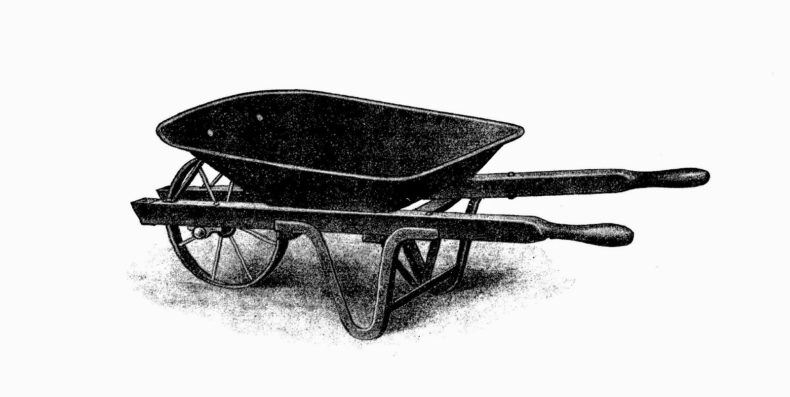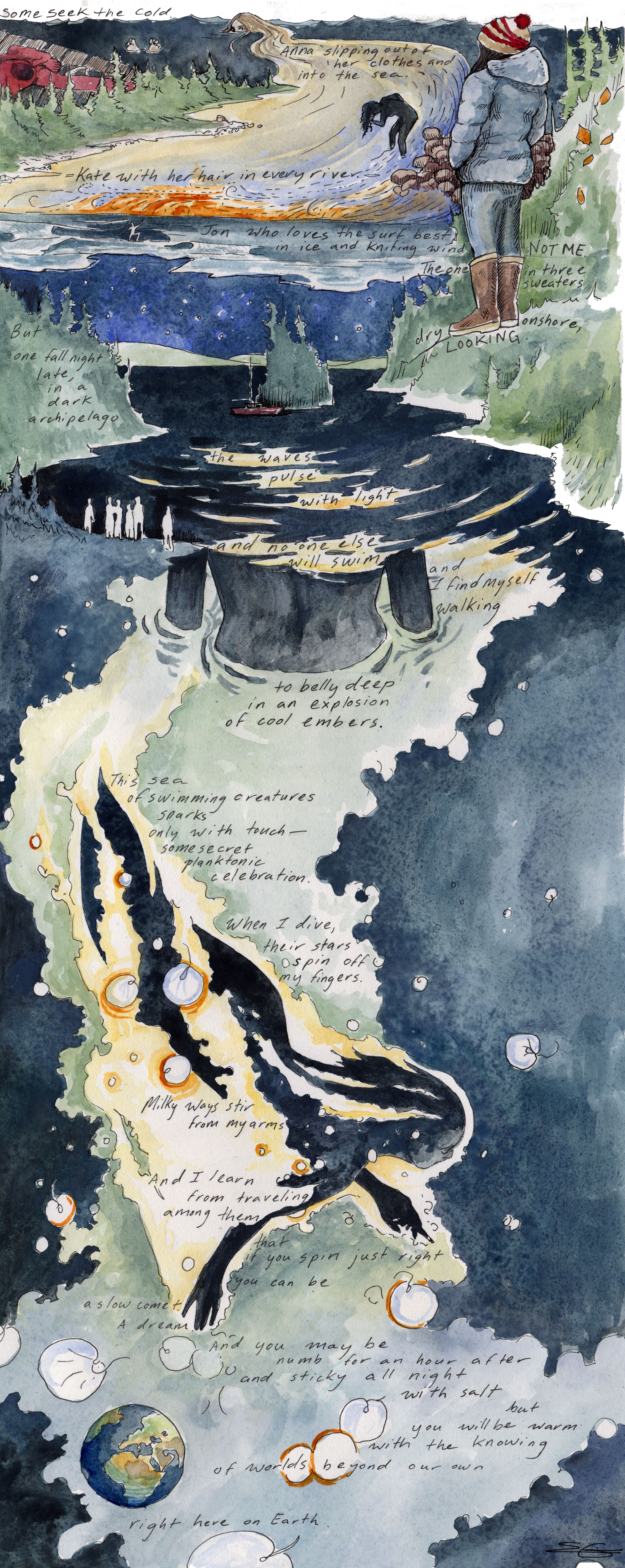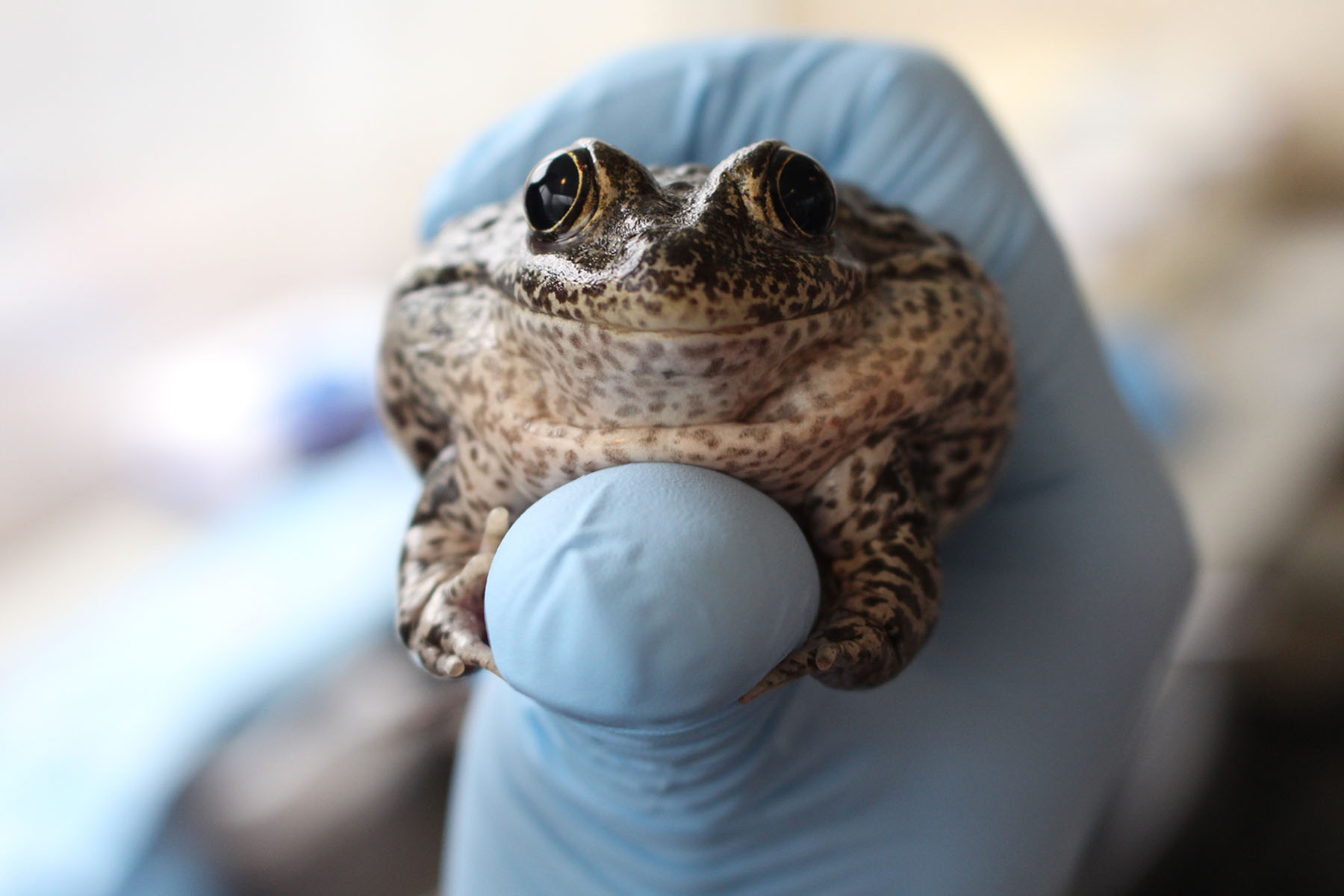
Welcome to the 5th Annual Last Word On Nothing Holiday Reading Guide, where people of LWON share their book recommendations for that stretch between Christmas and New Year when you finally have a solid hour to yourself.
Jessa: An Ocean of Minutes, by Thea Lim, is an alternate recent-history novel in which poor migrants are induced to undergo time travel to do the heavy lifting of rebuilding the world after a pandemic. But that makes it sound a certain way when really it’s a very literary book, in the way that Margaret Atwood’s speculative fiction is literary. It came out this year and was shortlisted for the Giller Prize, which is the big Canadian one.
For nonfiction, SPQR: A History of Ancient Rome, by Mary Beard, was a nice trip into the archaeology of the time. Rather than present a polished story, she refuses to overstate certainty about what happened, and you end up with an idea of how classicists really go about piecing things together.





 It is the time of year for little lights. There are tiny points of light along the eaves of our neighbors’ houses. There are lights along the city streets, too. Some are arranged in a pattern so they look like dolphins. Some are shaped like shooting stars. On Sunday, some houses began to light the first of eight candles, one for each night. On Sunday, other houses began to light the first of four candles, one for each week. In our house we have been lighting a pair of candles at dinner since the time change, because it’s dark and everything seems to feel more special in the dark when you have a candle.
It is the time of year for little lights. There are tiny points of light along the eaves of our neighbors’ houses. There are lights along the city streets, too. Some are arranged in a pattern so they look like dolphins. Some are shaped like shooting stars. On Sunday, some houses began to light the first of eight candles, one for each night. On Sunday, other houses began to light the first of four candles, one for each week. In our house we have been lighting a pair of candles at dinner since the time change, because it’s dark and everything seems to feel more special in the dark when you have a candle.